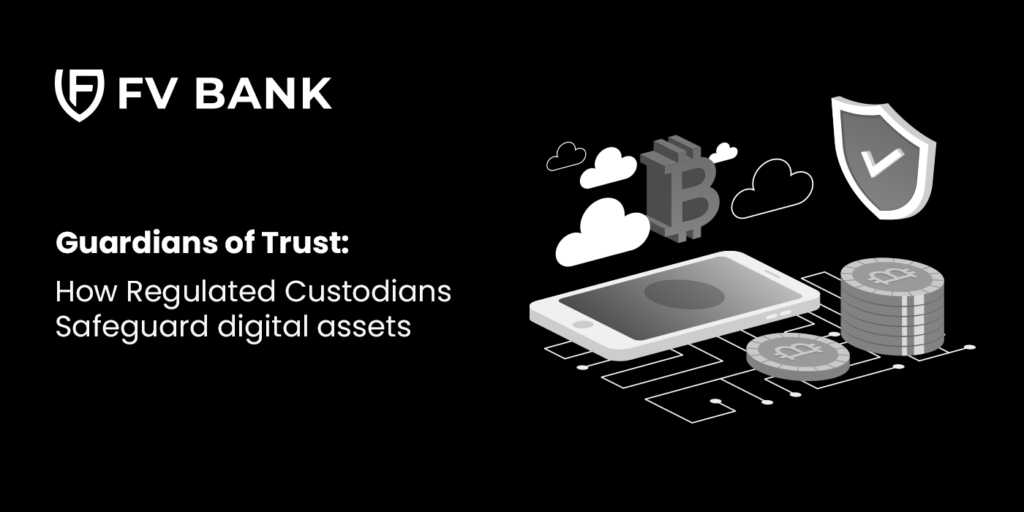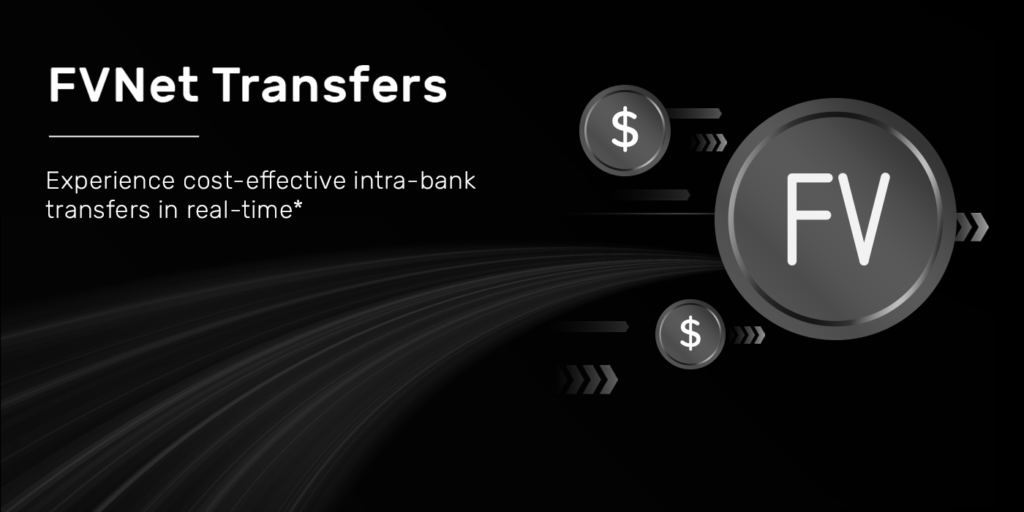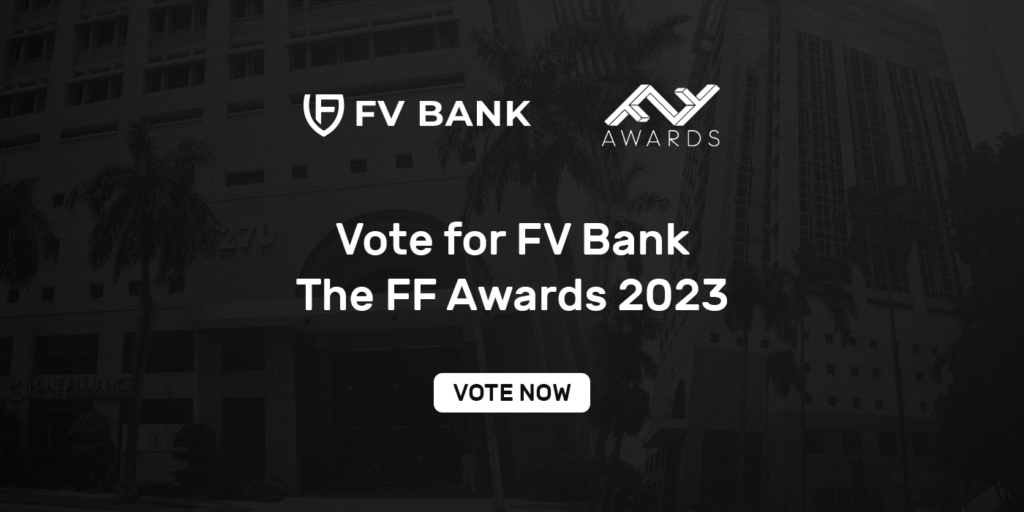Guardians of Trust: How Regulated Custodians Safeguard Digital Assets
Digital assets have propelled themselves to the forefront of modern commerce, reshaping the operational landscape for businesses worldwide. Ranging from cryptocurrencies and tokens to intellectual property and data, these assets offer a myriad of opportunities for revenue generation, enhanced customer experiences, streamlined processes, and innovation. As companies of all sizes pivot towards digitalization, the efficient […]
Guardians of Trust: How Regulated Custodians Safeguard Digital Assets Read More »



